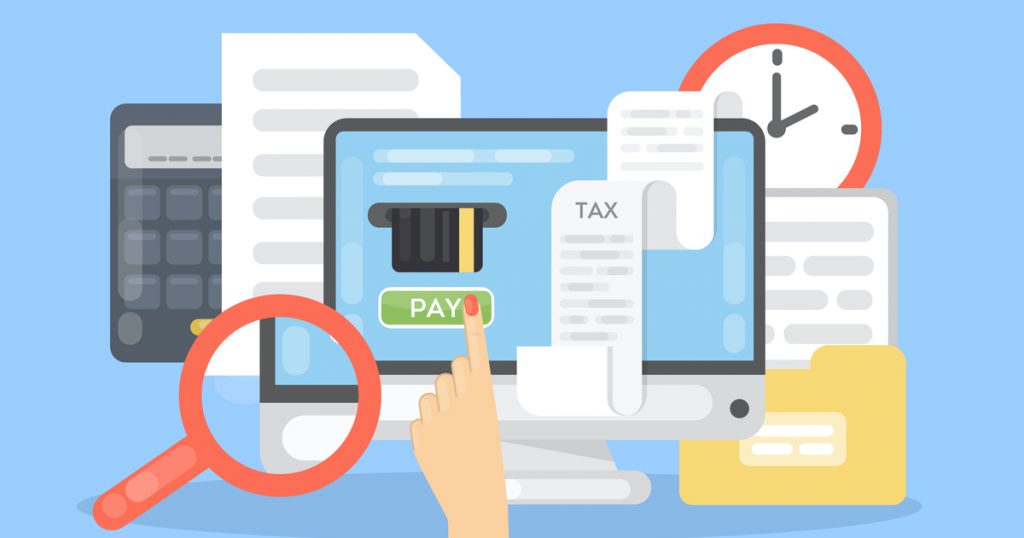What You Need To Know About Filing Your IRS Tax Returns
reading time: 8 minute(s)
The difference between making a tax payment and filing a tax return.

Let’s be honest, dealing with the IRS and understanding what they require from you and your business isn’t always easy. Sometimes it may seem like this is the most complicated part of being in business. So, let’s break down some common misconceptions about your taxes and the IRS requirements!
By the time we’re done here you will be ready to take on all of your IRS filing…or at least you will feel ready to file an extension.
There is some confusion about the difference between paying your taxes to the IRS and filing your IRS tax returns. While these are often lumped together, they are actually two different actions. Guess what? You don’t always do them at the same time.
What Is Business Income Tax?
Business income tax is exactly what it sounds like, these are the taxes that you pay based on the amount of income your business made during a given tax year. The IRS requires businesses to report this income by submitting an information return…more about those later on in the article. The IRS expects you to make income business tax payments as well.
How Do I Make An IRS Tax Payment?

So, the good news is that the IRS makes it pretty easy for you to give them money. You can make your estimated tax payment using cash, check, or a money order.
When you e-file your Forms with an IRS authorized E-file provider like ExpressExtension, you can choose to pay your estimated taxes using Electronic Funds Withdrawal (EFW) or the Electronic Federal Tax Payment System (EFTPS).
What About My Tax Return?
Your tax return is the actual form that you file with the IRS, it is sometimes referred to as an informational return. The tax return that you file is designed to report the income made throughout the tax year. Here are some examples…
- Corporations file Form 1120
- Individuals file Form 1040
The IRS is willing to be flexible with your tax return deadline…IF you follow their rules. Business entities can request an extension. This is the Form 7004, it allows you to extend your deadline to October 15, 2020.
Individuals can also file an extension for their personal income taxes, this is Form 4868. This extension will also allow you to postpone your filing deadline until October 15, 2020.
This is an automatic extension that the IRS will grant you without even asking for an explanation. Just be sure to file your extension request before the deadline for your tax return.
What Does My Extension Apply To?
Form 7004 ONLY extends your tax return! You are still required to make your tax payment on or before the deadline, no matter what. Otherwise, you will most likely face penalties.
When you file your Form 7004 with ExpressExtension, we make it easy for you to instantly receive your extension and we give you the option to make your tax payment all in one place! We offer an easy e-filing experience that will allow you to complete your Form 7004 or Form 4868 in just minutes! Get started today!

Leave a Comment